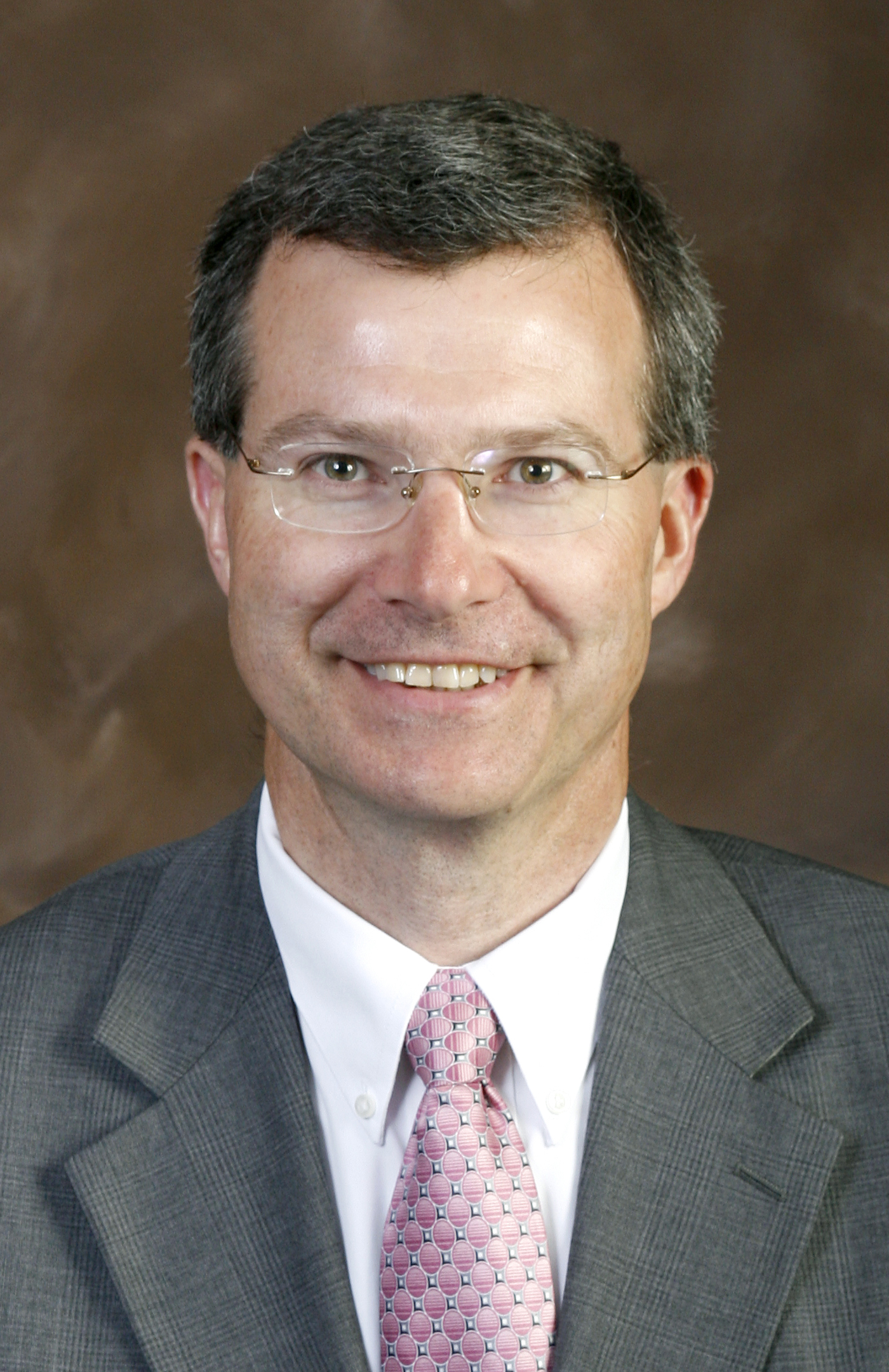Health care reform may change the way long term care business is done, but it’s not the only policy that could have a drastic impact on the profession.
Most experts agree that the cost cuts under either Obamacare or the Paul Ryan plans will put pressure on long term care companies to merge operations.
“There’s going to be hurt,” says Iowa Health Care Association Executive Director Steve Ackerson. “Not only to our sectors, but to all Medicaid providers. Over the next three years, we’re going to see a tremendous change on everything from eligibility to payer source. Are we going to be able to see the independent care facility maintain itself?”
States Wrestle With Medicaid Problems
In general, Medicare is a more solid revenue stream for long term care operators, but Medicaid dominates in such swing states as Iowa, Ohio, and Florida, long term care experts say.
Iowa operators are required by law to spend more money on direct care, so, “for us, Medicaid is the big issue,” Ackerson says.

In Ohio, 65 percent of patients in long term care receive Medicaid; only 12 percent receive Medicare, says Ohio Health Care Association Executive Director Peter Van Runkle. In Florida, 60 percent of long term care patients receive Medicaid, says J. Emmett Reed, CAE, executive director of the Florida Health Care Association.
“It’s huge,” he says—not the least because Florida, like many states, is wrestling with whether to expand Medicaid while still facing a $2 billion budget gap.
But it’s difficult to focus attention on a state issue like Medicaid when both major political parties seem serious about a national health care overhaul, Ackerson says. “Legislators are still trying to grasp what’s happening out there,” he says.
The problem is that many places in Iowa are becoming “ghost towns,” and operators are “left holding the bag,” Ackerson says. “You call a neighbor and say, ‘I have a hot deal for you. I’ve got a patient for you but no payer.’”
Merger Mania?
That’s not the only place where Washington policy is shaking up the industry, Irving Levin Associates Managing Editor and Partner Steve Monroe says. An Obama victory in November, for instance, will mean changes to the nation’s tax laws, which may lead some operators to start thinking bigger.
President Obama has promised to let the Bush era tax cuts lapse. Those cuts are scheduled to end at the end of this calendar year.
“Anyone thinking of selling, they’ll want to lock in those lower capital gains taxes right away,” Monroe says.
The fourth quarter of the year typically sees a lot of merger activity, and long term care has been unusually quiet in 2012. Monroe is one of many who expect a flurry of mergers and acquisitions in late 2012. It’s simply difficult in this political and business environment to be a small operator. “I think the smaller guys are getting very nervous,” he says. “I would rather be a Kindred Healthcare, a Genesis HealthCare, than own three homes in Mississippi.”
It’s not just the uncertainty around tax policies, Monroe says. “I think they’re getting very nervous around what may happen with Medicare-Medicaid dual eligibles.”
Van Runkle agrees. Ohio was the second state to offer proposals on dual-eligible models to the Centers for Medicare & Medicaid Services. A response is pending.
“Our members are quite concerned about that,” Van Runkle says.

It’s not just the scale of operations that will change, though, Monroe says. He thinks that even large operators will have to rethink the way they do business.
“They’ve really got to step it up in terms of quality,” Monroe says. “But they’ve got to deliver. To me, the model of the skilled nursing facility in the future is 60-90 patients, not the 120-180 model.”
Election Won’t End Lobbying
Long term care advocates may have to work even harder after the November election is over, because the lame duck Congress will have serious questions to address, experts say.
“There are a wide range of possibilities in the lame duck session,” says Gov. Mark Parkinson, president and chief executive officer of the American Health Care Association. “Some believe that the political parties will be so mad at each other after the election that they will accomplish nothing. That is certainly what we’ve seen for the past couple of years.
“On the other hand, with the fiscal cliff approaching, it is possible that Congress comes together and extends tax cuts and stops the sequestration. Right now, no one, not even congressional leadership, knows how large or small the lame duck will be.”
Already this year, Parkinson led a furious charge against a House Republican proposal that would have slashed provider assessments to help pay for student loans. The proposal was dropped, but Parkinson said he’s worried that future Congresses will continue to see assessments as just another line item in the budget.